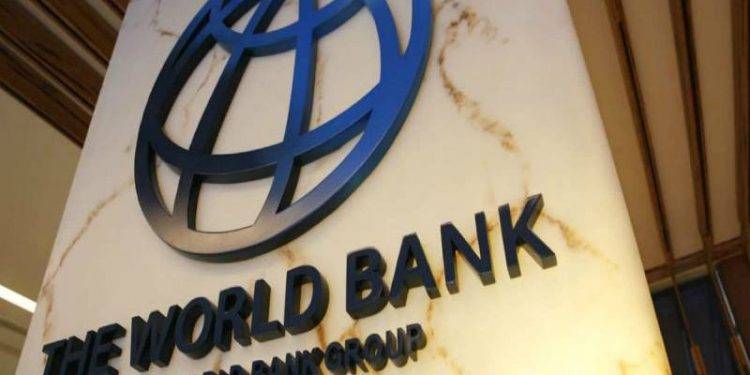A new report by the Centre for Research on Multinational Corporations and ActionAid Ghana has shed light on troubling developments in Ghana’s energy sector, revealing that over $2 billion in World Bank-funded projects have allegedly contributed to harmful fossil fuel investments and deepened the country’s public debt. According to the findings, these investments have favoured multinational oil and gas corporations at the expense of Ghanaian citizens, while delivering limited benefits to the country’s long-term energy security.
The report argues that the World Bank, rather than fulfilling its developmental mandate, has backed high-cost energy contracts and fossil fuel ventures that have locked Ghana into unsustainable financial obligations. In particular, it highlights the burden placed on the state, which reportedly loses over $1 billion annually through contracts with foreign energy firms. These deals, critics claim, guarantee profits for private companies while ordinary Ghanaians are left struggling with rising electricity costs.
Joseph Wilde-Ramsing, the acting Executive Director of SOMO, voiced strong concerns over the nature of these partnerships. He stated that while the World Bank promotes itself as a force for development, in Ghana’s case, its interventions have led to increased debt and prioritised the financial interests of corporations. He described a situation where citizens are paying high tariffs for energy services that remain unreliable and unaffordable.
One of the central issues raised in the report is the performance of the West African Gas Pipeline, which was initially introduced to provide a stable and affordable supply of natural gas from Nigeria to Ghana. Since becoming operational in 2010, however, the pipeline has reportedly failed to deliver on its promises, with inconsistent gas flows forcing the country to import more expensive liquid fuels to meet domestic demand. These imports were meant to be significantly reduced by the pipeline’s operations.
Meanwhile, international oil companies such as Shell and Chevron have continued to benefit from financial guarantees backed by the World Bank, shielding them from potential risks. This, the report says, has left Ghana to bear the full financial impact of operational inefficiencies and rising costs, undermining its push for energy independence and economic stability.
The report concludes with a call for accountability, insisting that the World Bank Group be held responsible for its role in shaping energy policies that have had far-reaching consequences on Ghana’s economy. ActionAid Ghana and SOMO are urging a shift in strategy—away from fossil fuel dependency and towards more sustainable, affordable, and locally-driven energy solutions.
They stress the importance of reevaluating international partnerships in the energy sector to ensure that future investments are aligned with the country’s long-term development needs and do not place undue pressure on public resources. The organisations also advocate for increased transparency in how public-private partnerships are structured and demand a stronger focus on renewable energy that supports economic growth and environmental responsibility.




No comments yet
Be the first to share your thoughts!